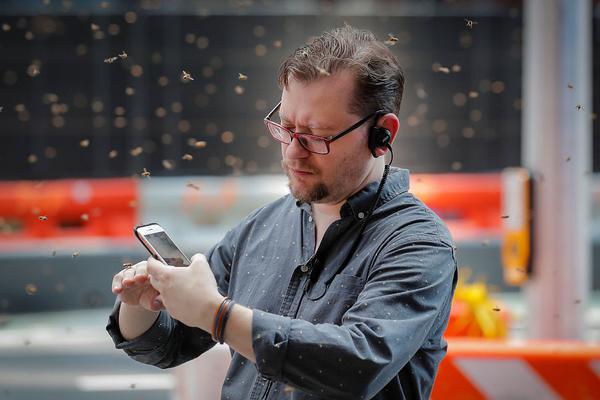【Watch Sukeban Deka: The Movie Online】
Raiding Updike’s Garbage Cans,Watch Sukeban Deka: The Movie Online and Other News
On the Shelf

Paul Moran took these address labels, among many other discarded items, from Updike’s trash. Image via the Atlantic
- In the years before John Updike died, a man began to steal a lot of his garbage—thousands of pieces, actually, including “photographs, discarded drafts of stories, canceled checks, White House invitations, Christmas cards, love letters, floppy disks, a Mickey Mouse flip book, and a pair of brown tasseled loafers.” Taken as a whole, the collection amounts to a kind of secret history, a trash biography. (“My life is, in a sense, trash,” Updike said in his Art of Fiction interview.)
- “How does one choose books that one knows one is going to enjoy? The obvious answer is that you can’t … Think of all the times we start a book that we think we should be reading—because everyone else is reading it, because it’s won a prize, because our book group has chosen it, despite our misgivings. And think of all the times we refuse to abandon a book we are not enjoying—because we are peculiarly puritanical about literature—thus creating an antagonism and a reluctance that must damage our relationship with reading.”
- This year’s Venice Biennale, an architecture show, “reveals that modernism was never a style. It was a cultural, political, and social practice: the practice of making buildings suited to certain exigencies of life in a rapidly changing and developing world. And since, by definition, the question of how and what it meant to ‘make something modern’ changed over time and space—different in Finland than in Morocco—so also did the design of the buildings that emerged from it.”
- In which the keening of a single blue whale teaches us something about loneliness.
- What kind of worker is a writer? On Tillie Olsen, who wrote in dribs and drabs while holding down menial jobs and raising four children: “Writing, Olsen reminded her readers, takes time, education, energy, and resources, and these things are unevenly distributed. She encouraged us to attend to unorthodox writing produced in unfavorable circumstances—letters, diaries, scrapbooks like her own—and, in doing so, to question what counts as literature.”






Related Articles